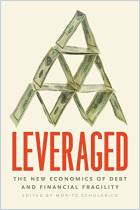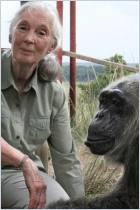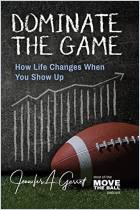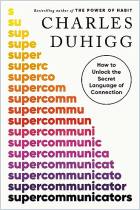
Article
New Lessons from Behavioral Economics
The long reach of life experience affects real-world economic outcomes, for policymakers and consumers alike
IMF,
2024
Read or listen offline
1×
Recommendation
The Great Depression of the 1930s left an entire generation of Americans scarred by financial ruin, scarcity, and lost opportunity. This dramatic impact on the “Depression babies” of that era altered their spending habits, investment choices, and risk tolerances for the rest of their lives. Behavioral economists Ulrike Malmendier and Clint Hamilton explore the generational repercussions of financial downturns that can last long after a crisis is over.
Take-Aways
About the Authors
Ulrike Malmendier is a professor of economics and finance at the University of California, Berkeley, where Clint Hamilton is a PhD student in finance.
Learners who read this summary also read
Book
Book
Book
Book
















Comment on this summary or 开始讨论